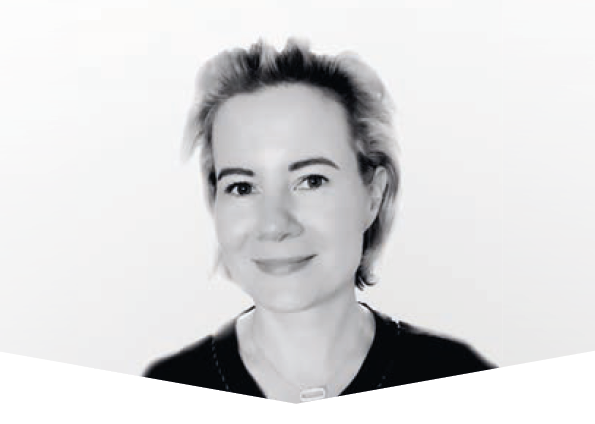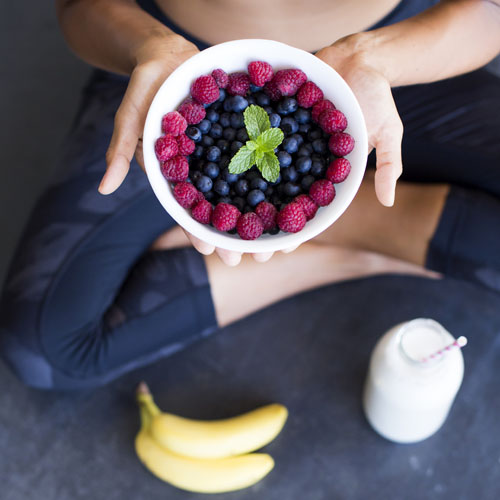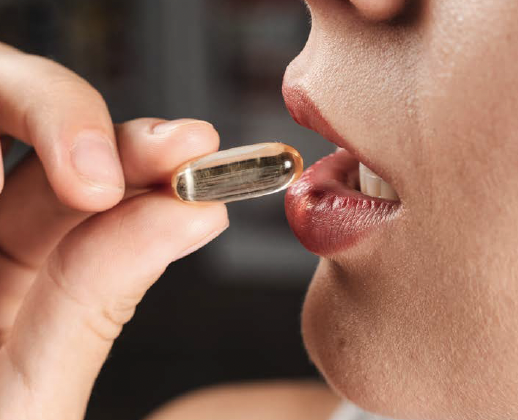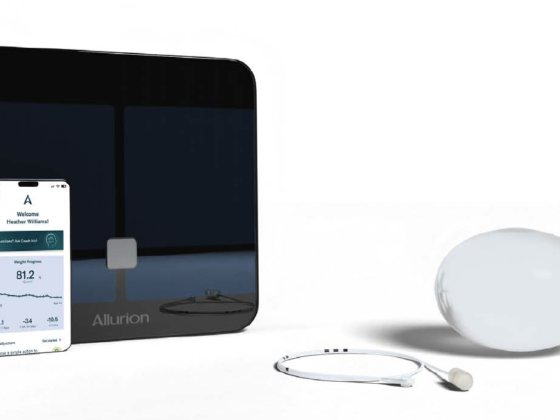By Doctor Céline Vauterin
Céline Vauterin’s role as a pharmacist and hygienist has enabled her to understand that a patient’s nutritional and emotional state, due to its effect on their microbiota, is essential to their body’s ability to recover from a surgical or aesthetic procedure. This led her to design a nutri-emotionnal coaching.
In 2020, Clinique Nescens Paris Spontini will offer nutri-emotional coaching to its patients, and to anyone willing to regain control over their energy levels. This guidance ties within Nescens group’s philosophy: live a “better aging” experience in the context of our extended life time.
But why offer a nutri-emotional coaching?
 Because changing-change what we put on our plate is now a priority for anyone willing to remain sustainably healthy.It is also an excellent complement to any surgical procedure or aesthetic treatment. Being in good health – both physical and psychological – when undergoing a procedure enables patients to recover better and ties in with Nescens Paris Spontini quest for excellence.
Because changing-change what we put on our plate is now a priority for anyone willing to remain sustainably healthy.It is also an excellent complement to any surgical procedure or aesthetic treatment. Being in good health – both physical and psychological – when undergoing a procedure enables patients to recover better and ties in with Nescens Paris Spontini quest for excellence.
Patients and visitors can consider two options:
- To receive expert guidance about their diet, for those who already have a good knowledge of nutrition
- To be coached in their sustainable dietary behaviour improvement.
From their diet analysis to carrying out a functional assessment, it has been proven that that, in just 2 to 3 months, one one can bring about a real health change, regardless of the patient’s age or of the season, while preserving the essential no-tion of pleasure.
Skin quality and a leaner silhouette are the first signs of a youthful appearance and the first visible indications of good health, and yes, this is something you have heard many times before. But still. We all have the ability to boost our energy capital. My wish to understand how one can gain or regain this life energy has led me to focus on the intestinal microbiota and epigenetics, nutrition being the key.
In charge of nosocomial prevention at Clinique Nescens Paris Spontini since opening in 2012, my role as a pharmacist and hygienist has led me to consider the factors involved in post-proce-dure recovery. I started studying the key role that nutrition plays in our immunity.
But there is no point in only looking at the repercussions of a patient’s diet without paying attention to their emotional state. We must also take into account the links between infection and affection. Stress comes up regularly as one something that, that generates negative emotions.
Many of us try to compensate for stress with bad food routines.
Compensating in this way often goes unnoticed for a long time, but eventually the outcomes are significant and insidious. The consequences are the same as if an amnesiac ate at a fast-food restaurant every day and simply forgot about it afterwards.These insidious behavioural mechanisms affect both health and silhouette. We have to learn how to track and identify them. Only then can we gradually learn to counter them.
Dr Céline Vauterin:
Specialises in nutrition and micro-nutrition at the Clinique Nescens and in charge of preventing nosocomial infections since 2012.Studied at Montpellier, Paris Descartes and Diderot faculties of pharmacy, International Coaching Institute in Geneva, Masters in Health Management from ESSEC business school.
More informations: nescensparisspontini.fr












